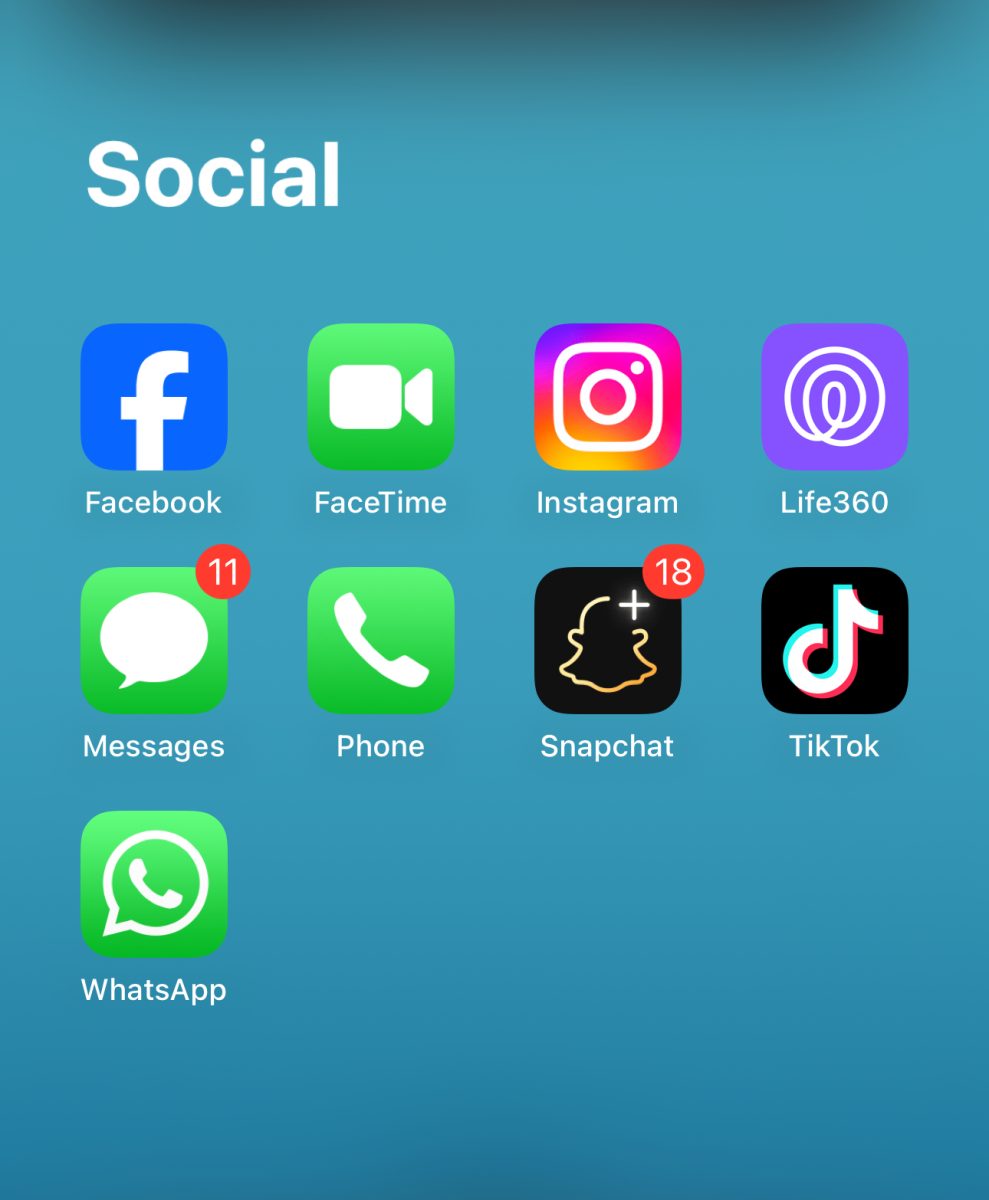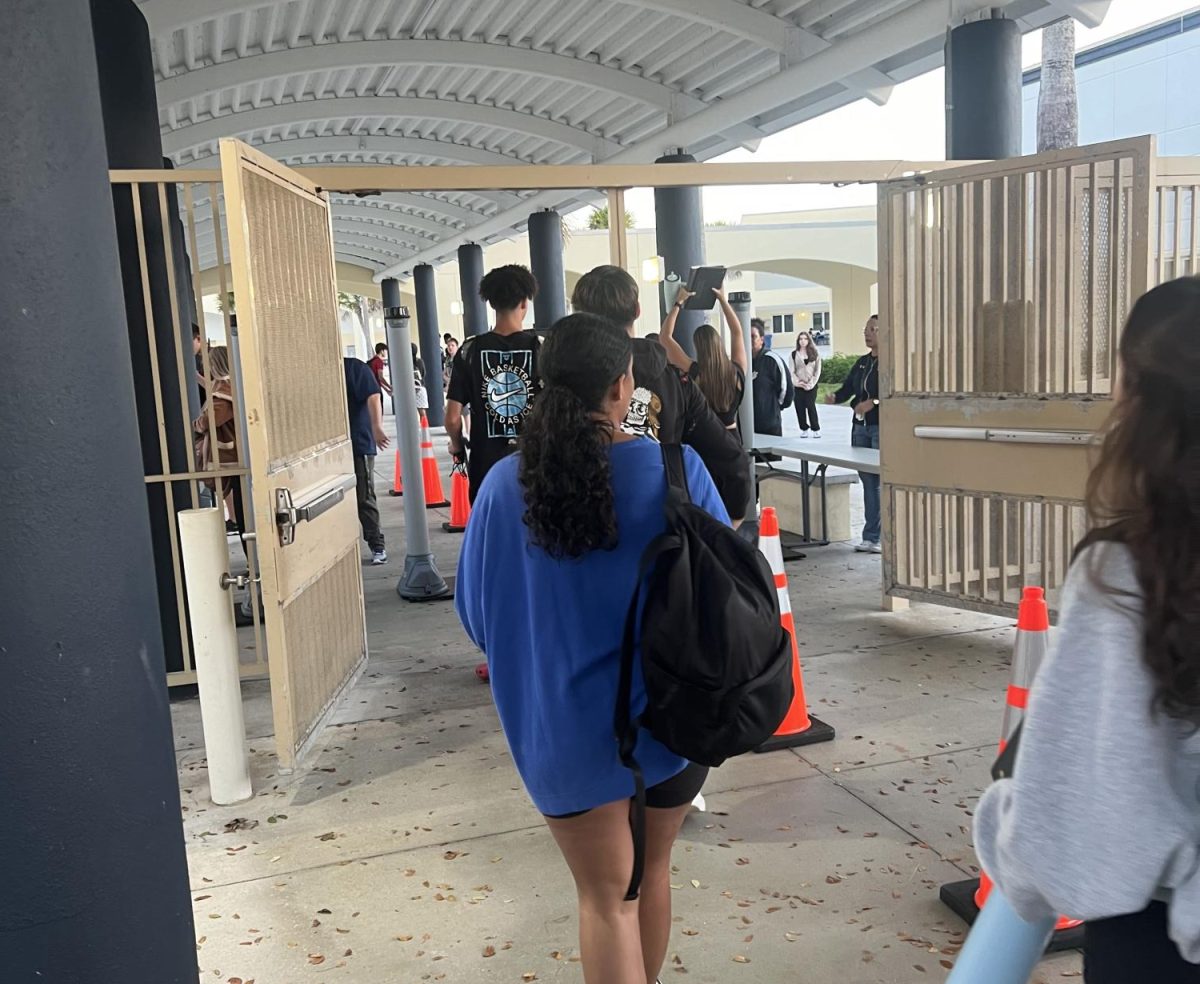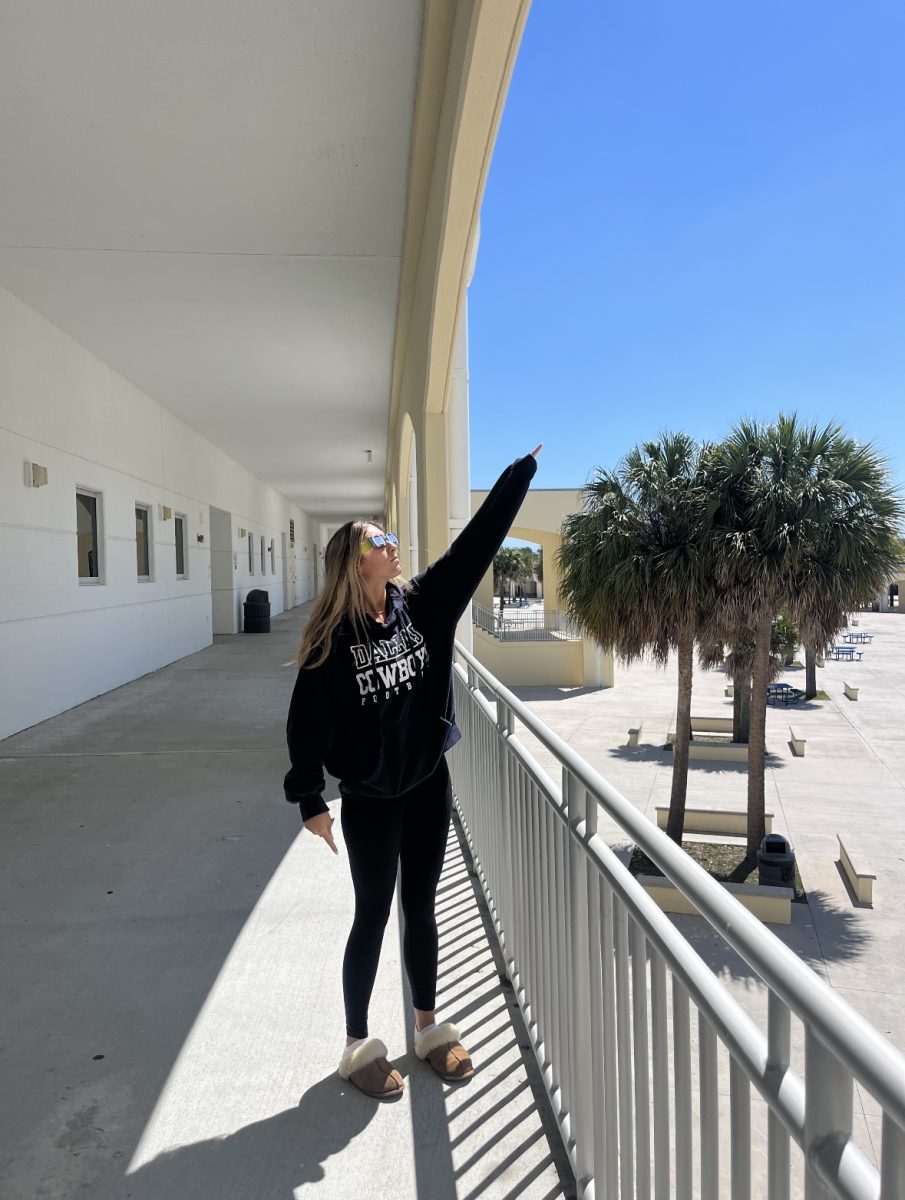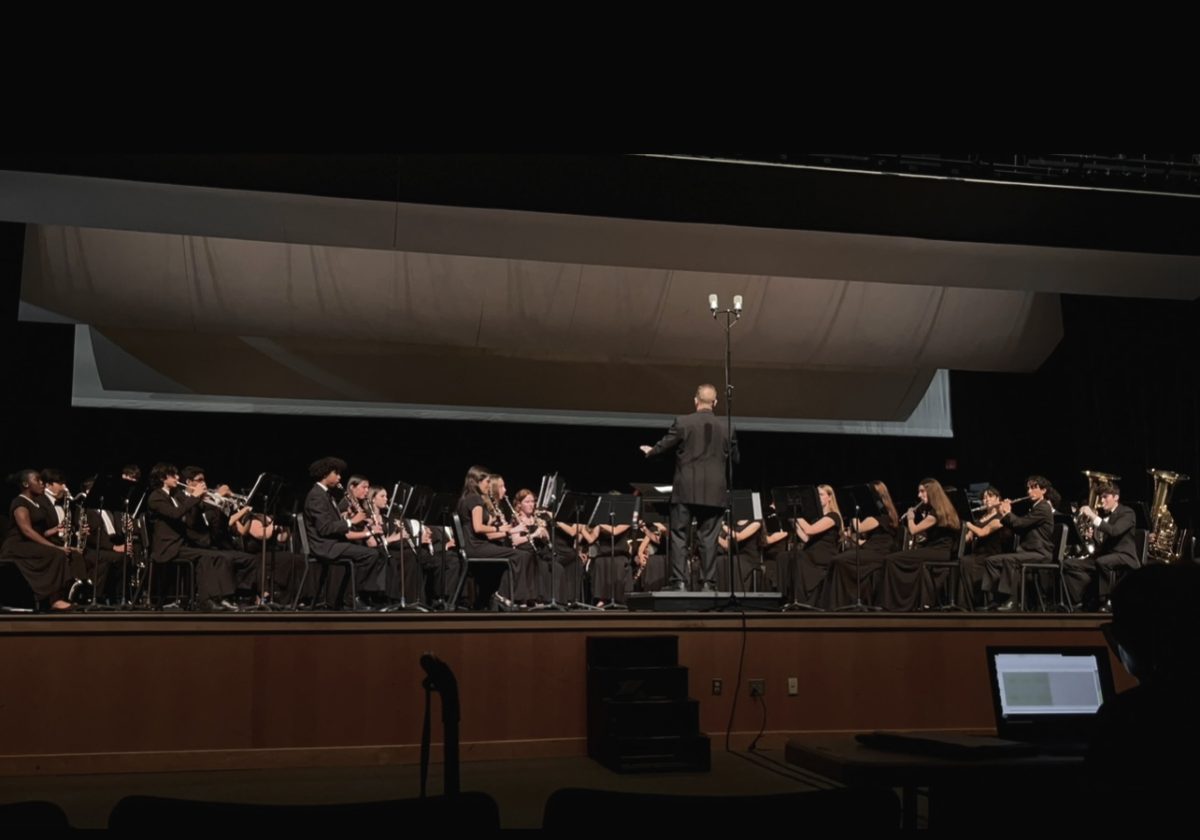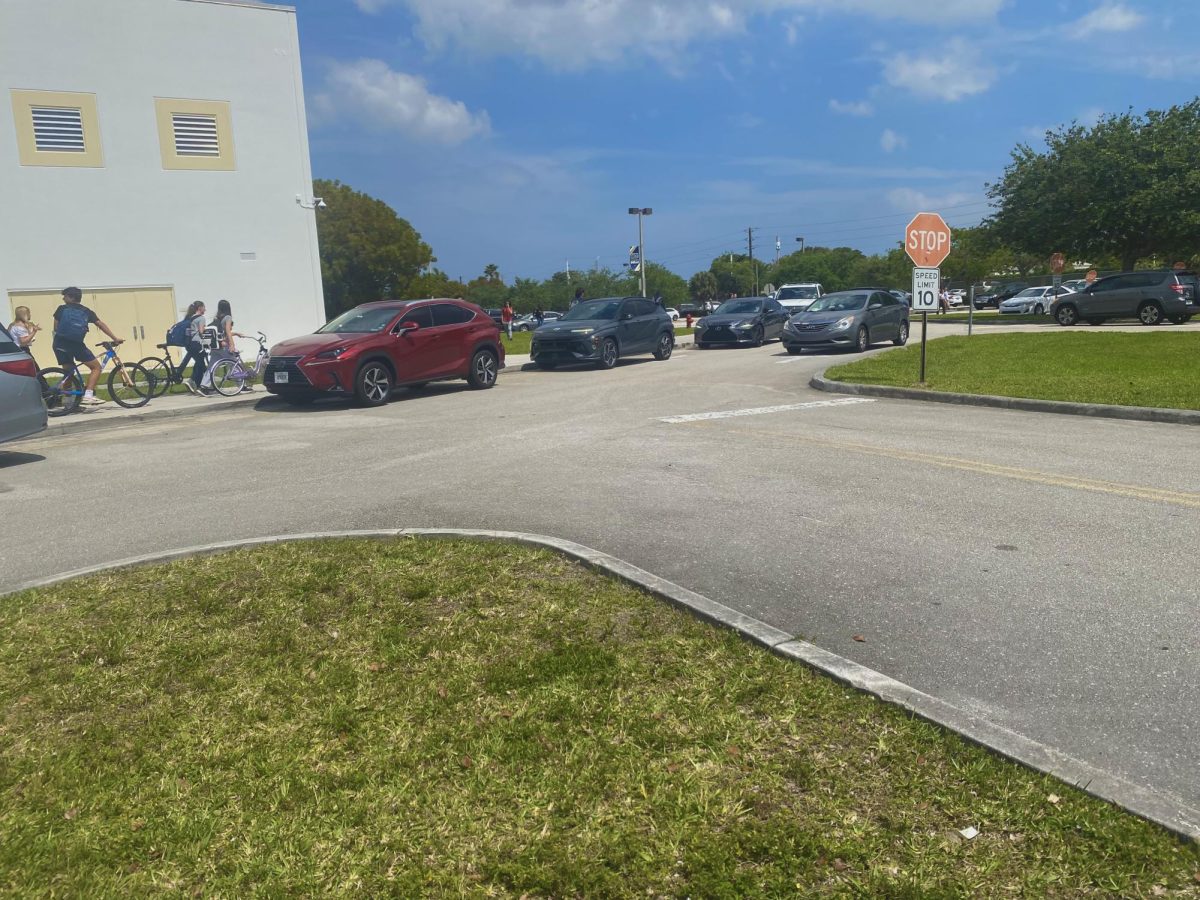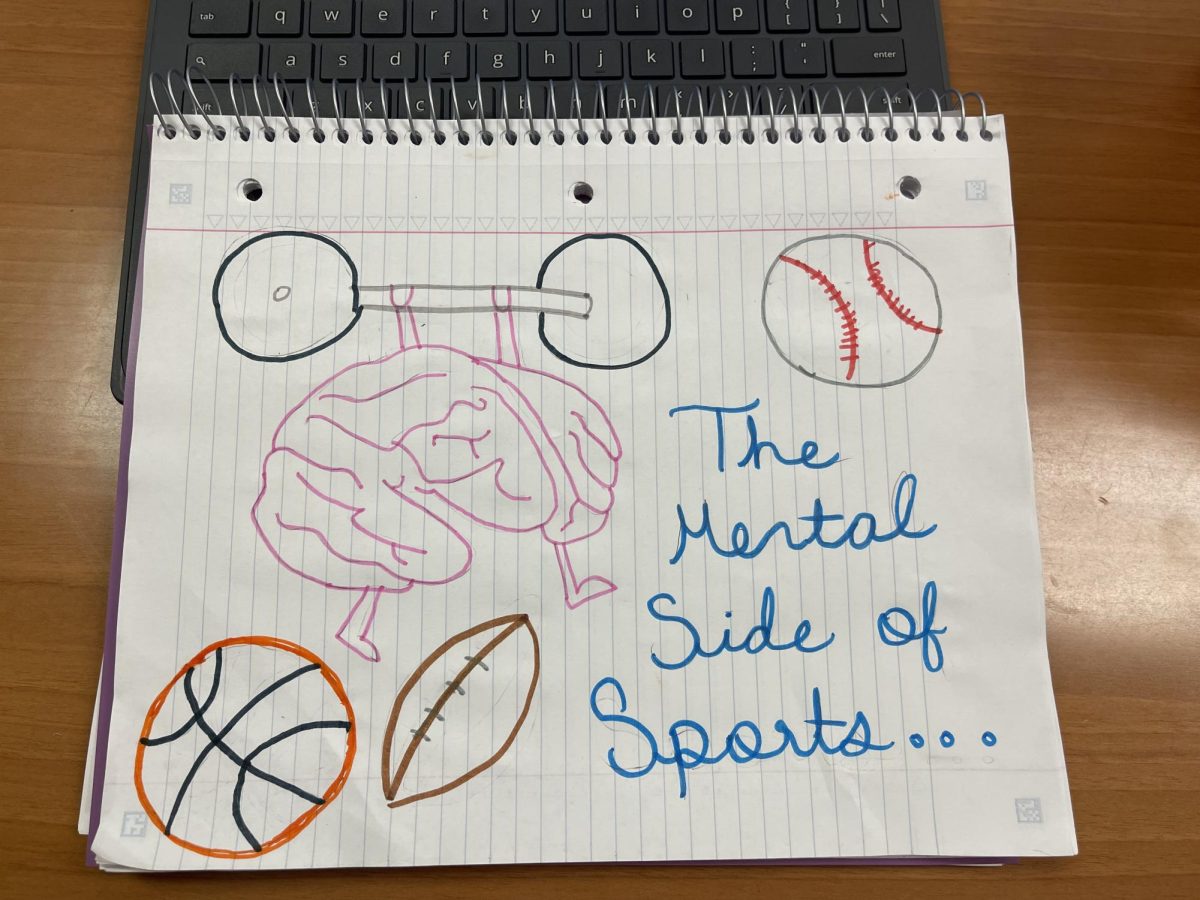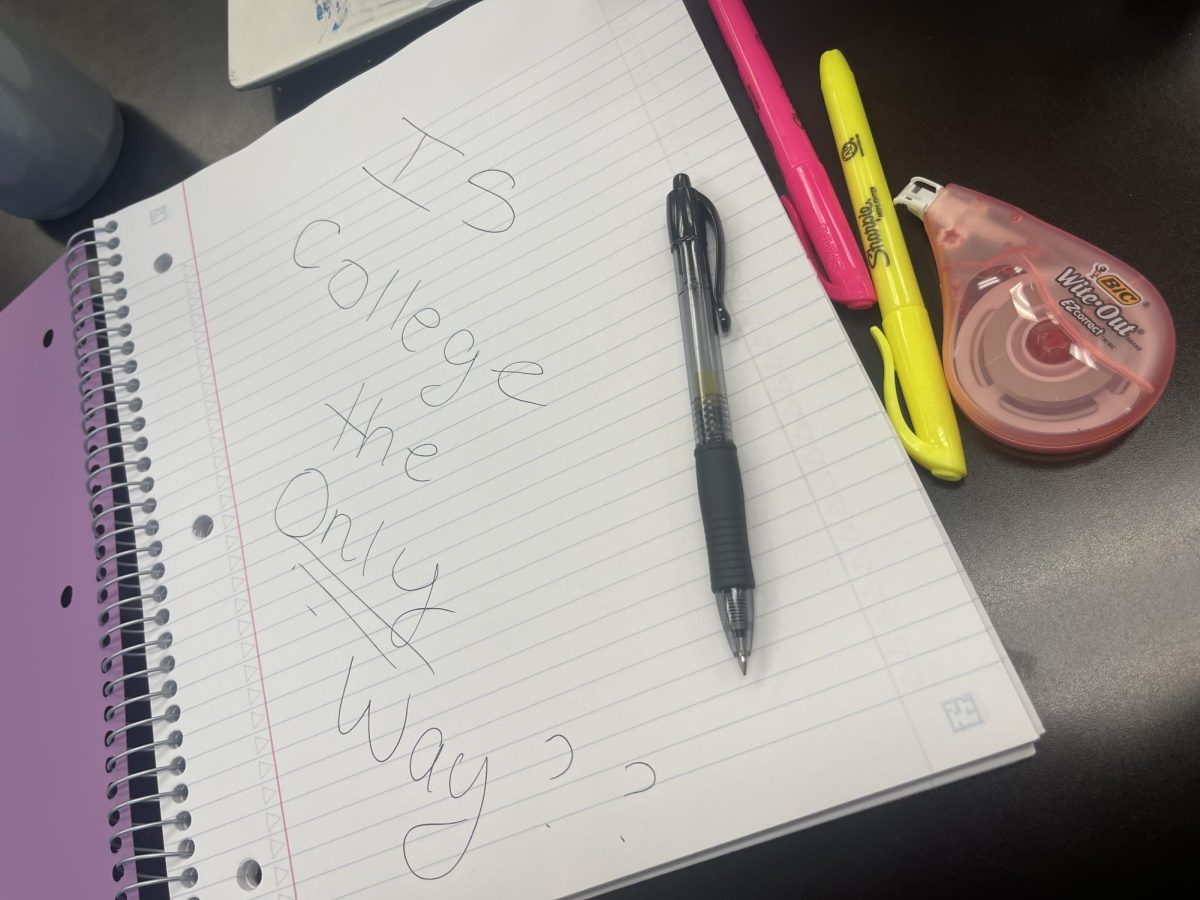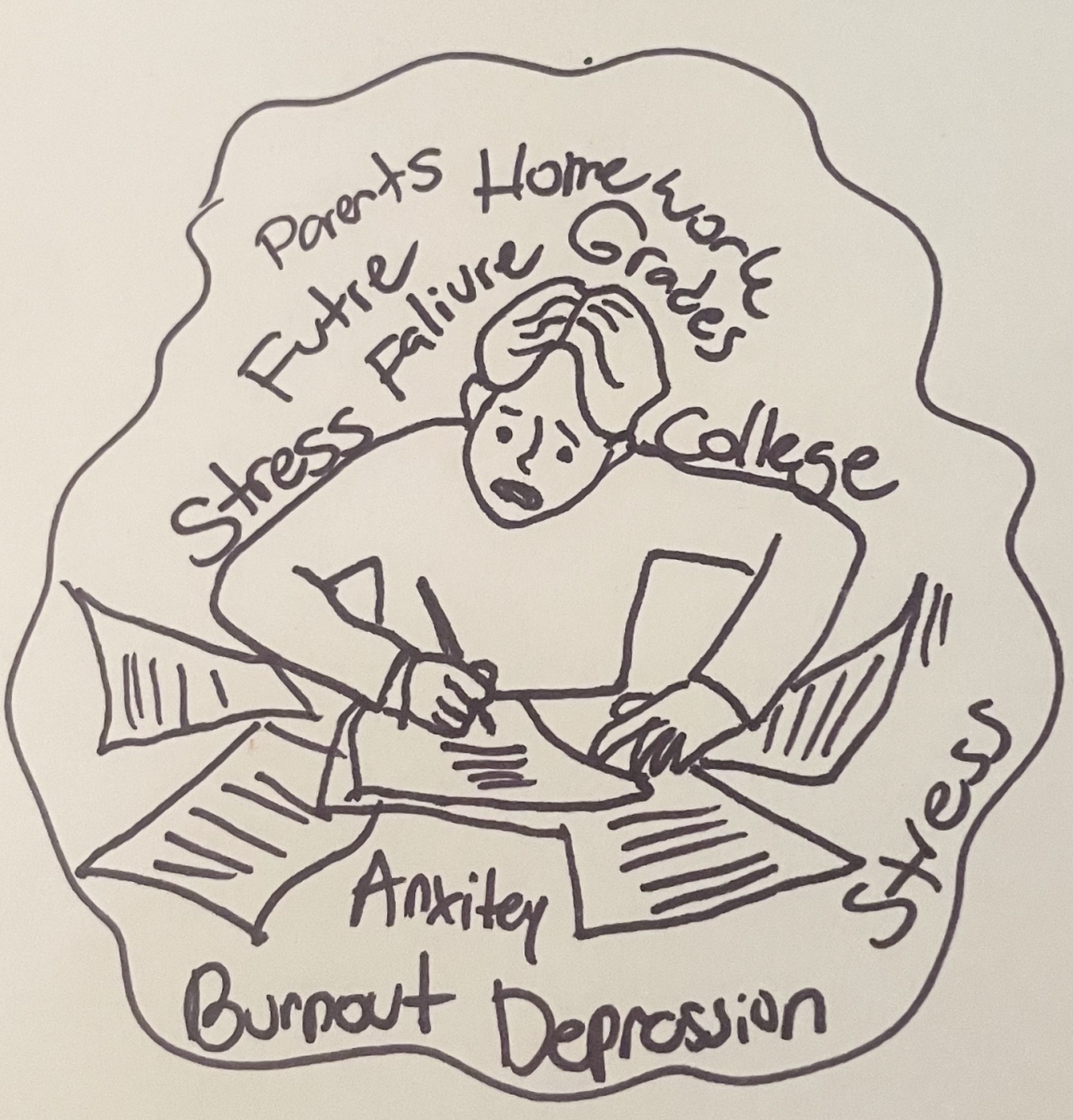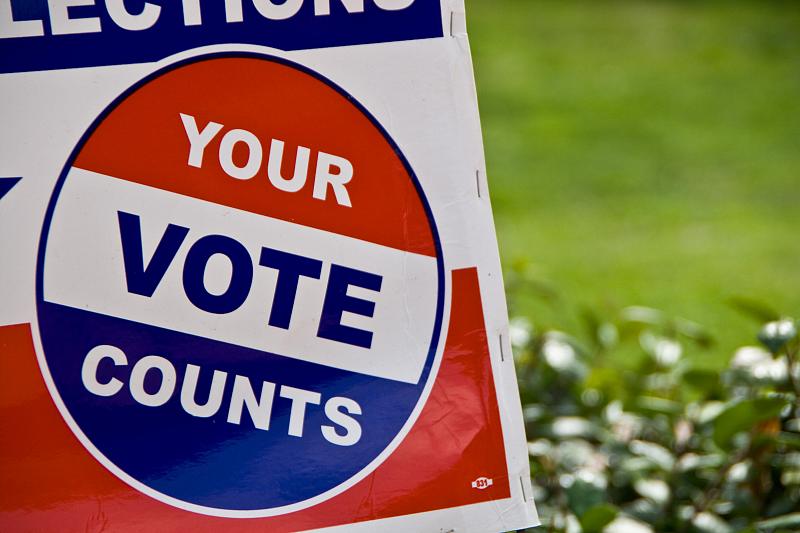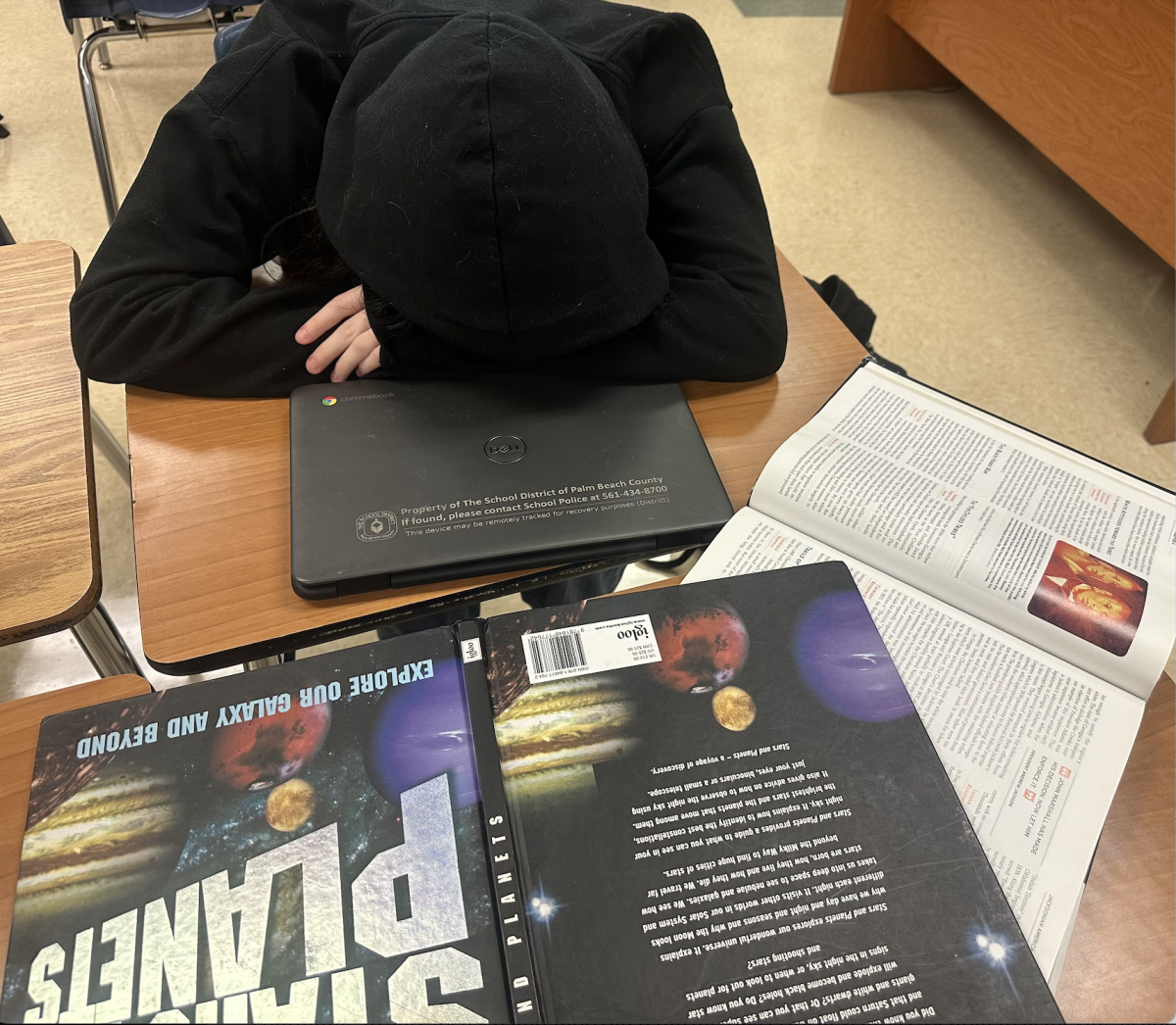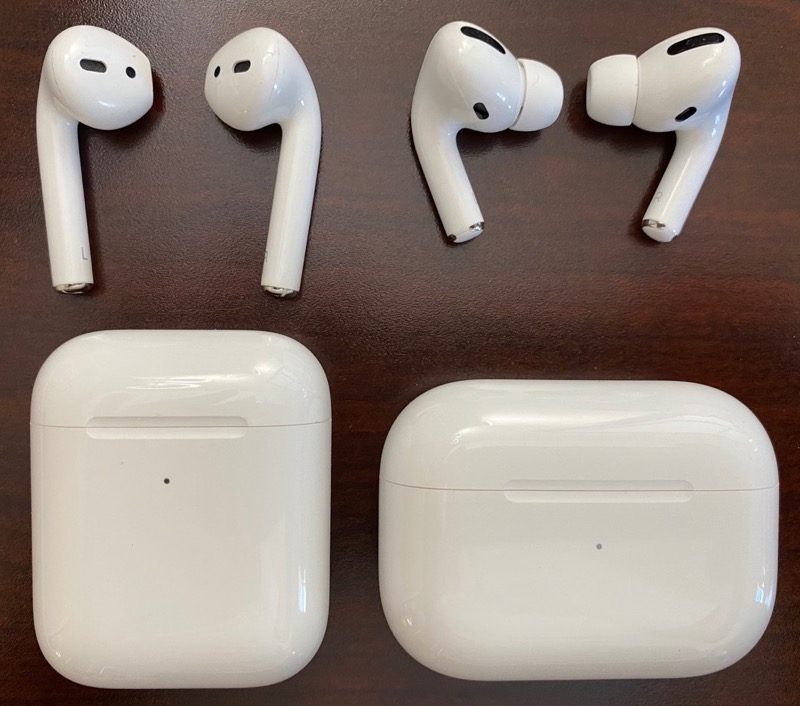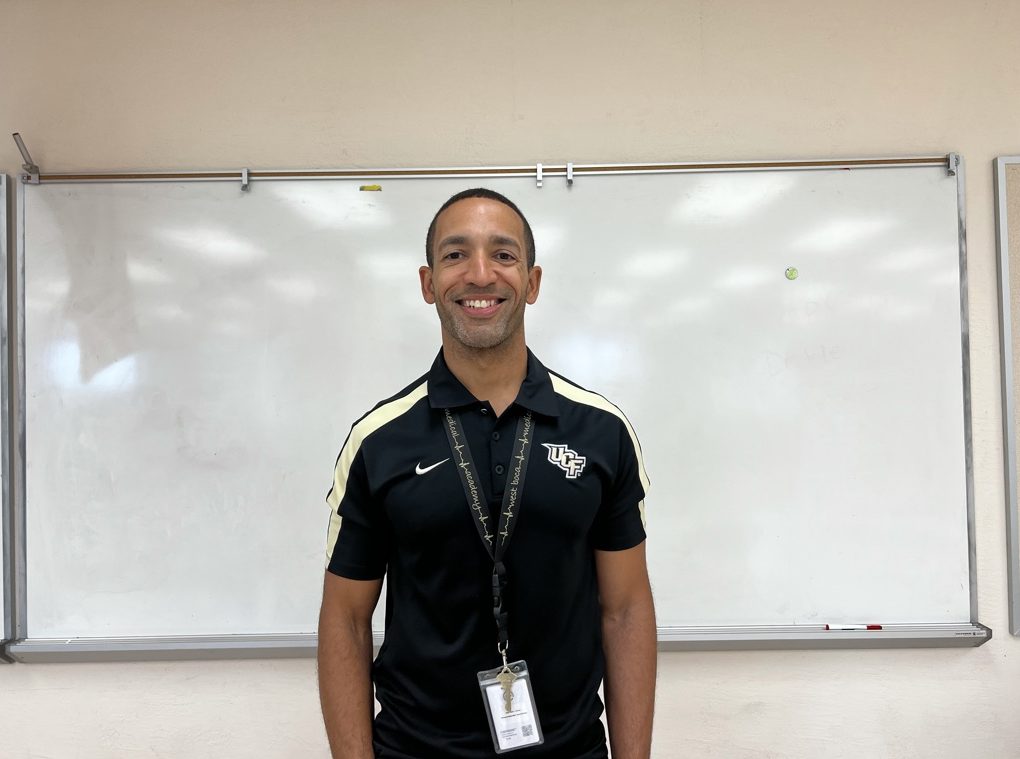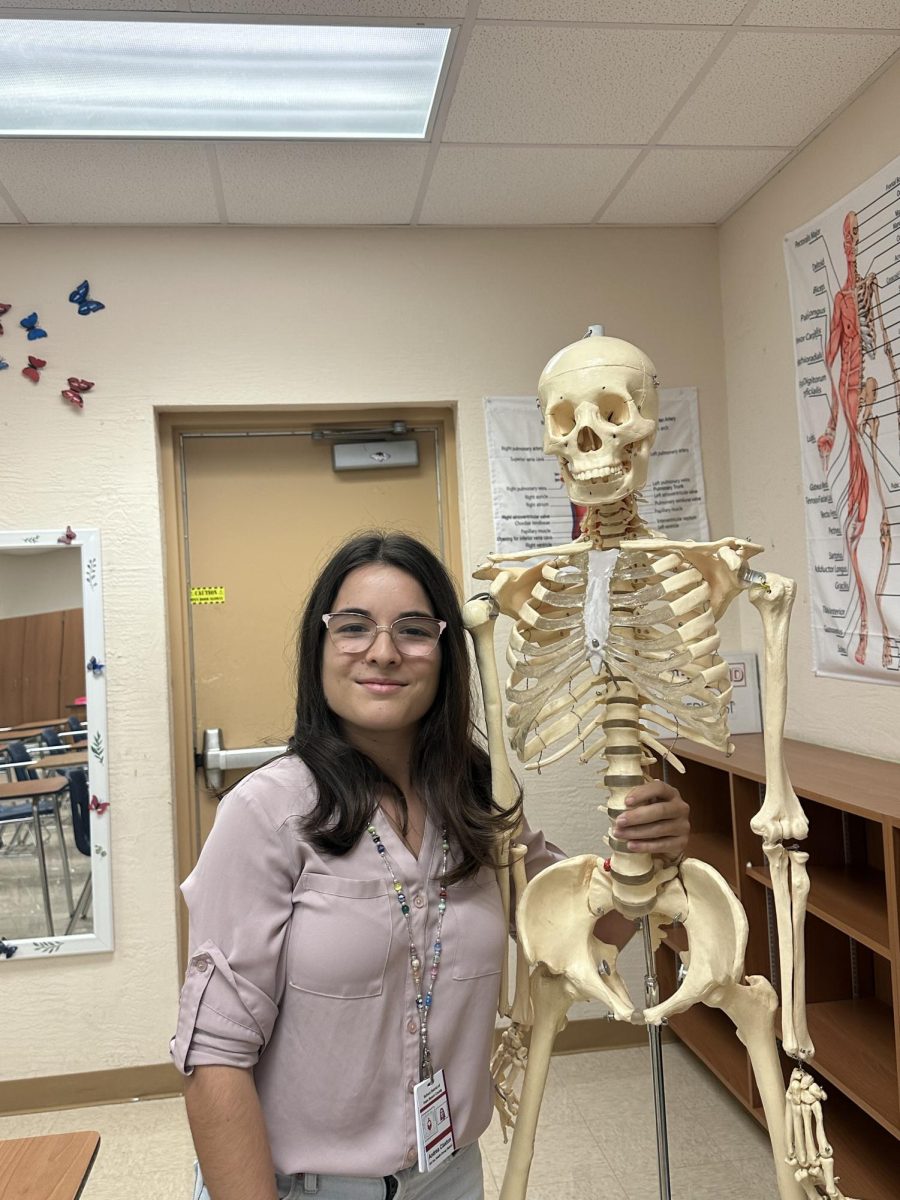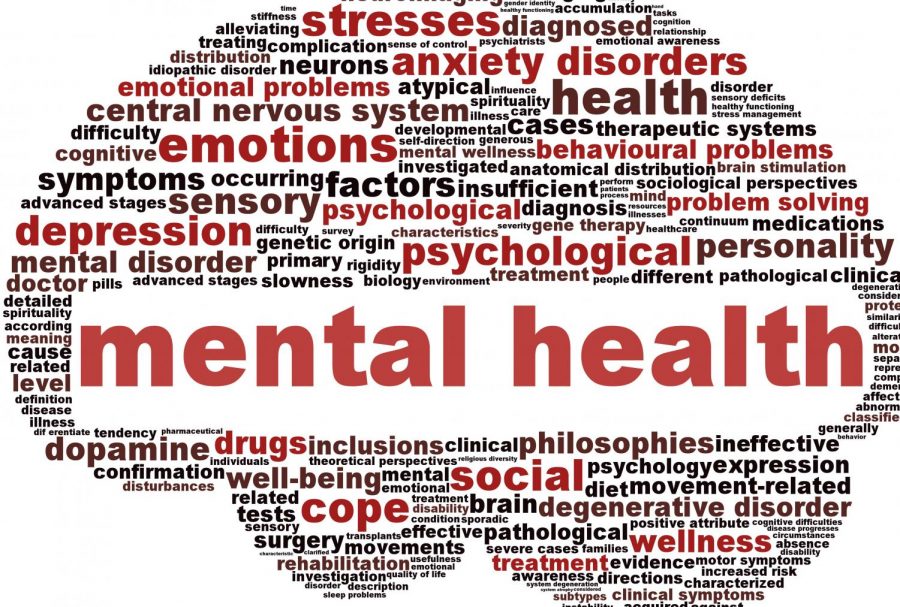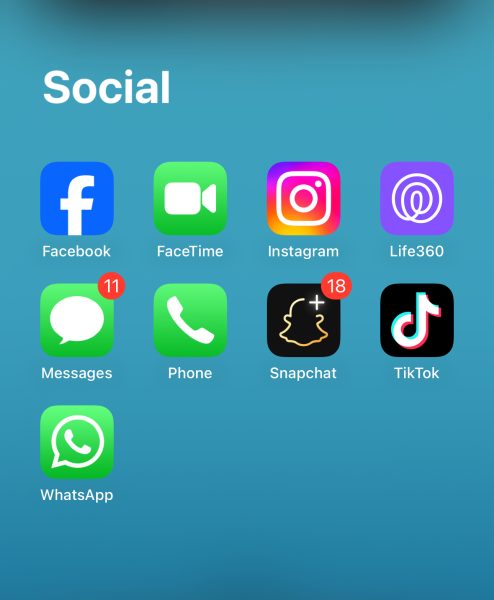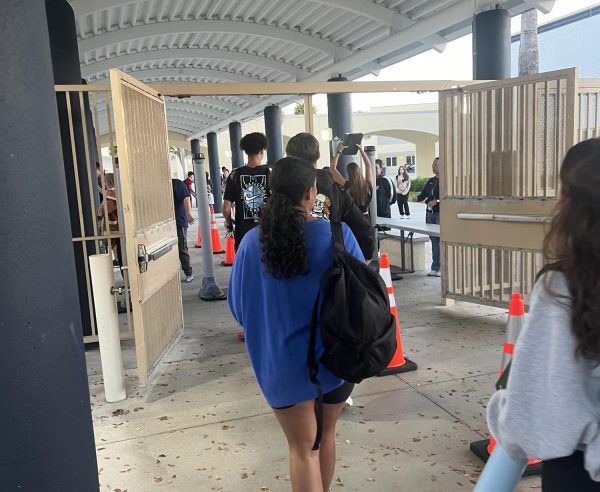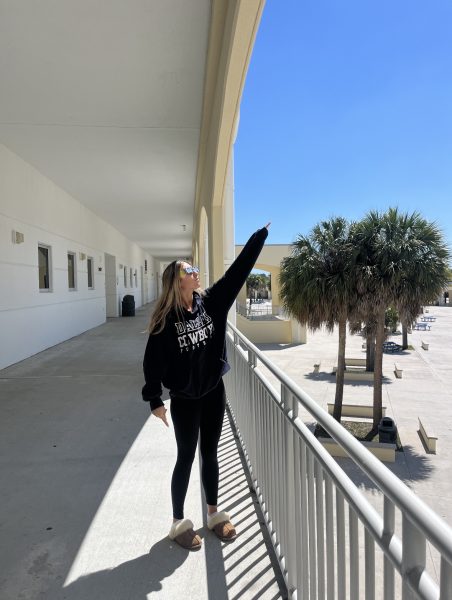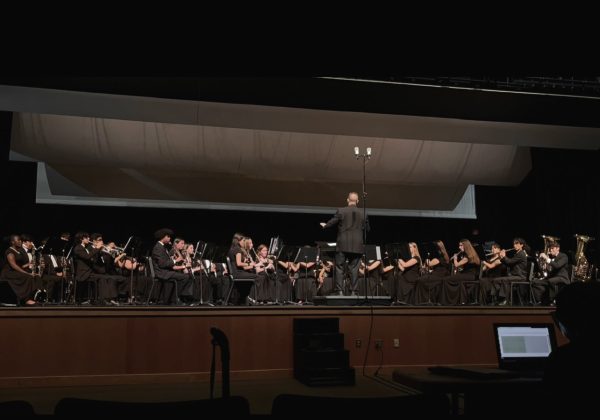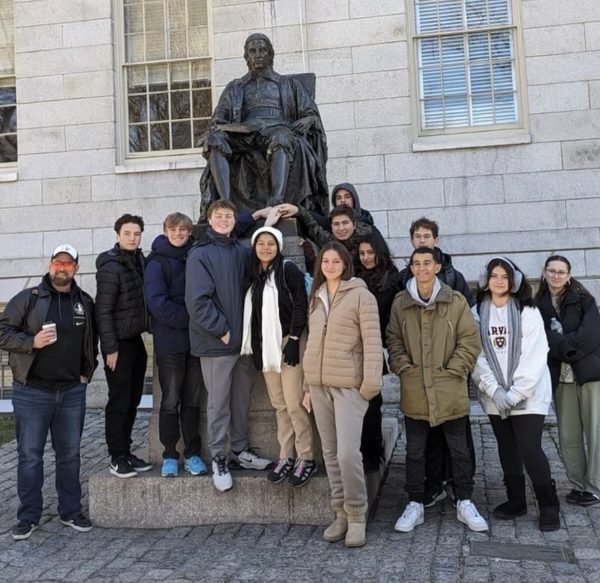It’s Not You, It’s Covid
Covid-19’s Toll on Mental Health
More students are struggling with mental disorders like depression, anxiety, and PTSD due to the impacts of the pandemic.
January 8, 2021
With the deadly global pandemic having already taken 1.61 million lives and counting, mental health across the country has taken a big toll on every life, specifically regarding the lives of high school students. The American Psychological Association (APA) has stated that “schools have confronted unprecedented challenges as they moved to quickly shift classes to an online format, provide access for all students, support teachers’ and students’ educational needs, and make plans amidst great uncertainty. The pandemic itself has caused much worry, stress, and grief, especially to students.” These causes can result in many mental health challenges to occur, and can even cause symptoms of multiple mental health disorders to appear for students who may experience preexisting mental health disorders. Mental health disorders may also appear in students without any history of a mental health disorder present especially regarding anxiety and depression because of the pandemic, which can often go undiagnosed or even unnoticed by family and friends of the students.
Inside HigherEd had discussed many reports regarding the issue, including one report from the Centers for Disease Control and Prevention (CDC) last month about the pandemic’s effect on mental health. It found that students (about one-quarter of those surveyed) had considered suicide in the last 30 days. The Student Experience in the Research University concluded from their study that students are screening positive for depression and anxiety at higher rates than in prior years.
Furthermore, a report from Chegg.org that Inside HigherEd had mentioned, identified that 58 percent of students surveyed said they were “moderately,” “very” or “extremely” worried about their own mental health. Forty-six percent said they feel anxious specifically about the possibility of returning to a physical campus during the fall semester. Moreover, a study from the journal, F1000 Research stated that depression, anxiety disorders, substance abuse, increased suicidal tendencies, and PTSD commonly follow major economic crises or natural disasters like the current pandemic.
In addition to all of the reports and studied discussed, Aditya Thakur, a student wrote wrote in the Journal of Academic Child Adolescent Psychiatry that her school has been closed since March 13, 2020 and that “Adolescence is a crucial period for social development. Social distancing and school closures during the COVID-19 pandemic can worsen existing mental health problems in adolescents and increases the risk of future mental health issues. A loss of routine for many students, social isolation, and feelings of loneliness increase the risk of mental illness.”
Increased incidence of mental health problems, including stress-related disorders, depression, anxiety, and substance abuse, have been described in adolescents during a pandemic. Quarantine, trauma, and grief during the COVID-19 pandemic further increase the risk of mental health problems.
— Aditya Thakur
When my school closed in early March and we were all quarantined, I was constantly in fear of my family getting COVID-19, my friends, my relatives, or myself. On top of all the anxiety I was feeling, I was dealing with stress over what was going to happen with my grades, with how school was going to run; I was a junior at the time with many AP tests to take and not knowing what was going to happen with school left me extremely worried. I wasn’t the only one feeling like this, many people all over the country and even the globe are still going through these issues that may result in a mental disorder to form.
Elizabeth Townsend, West Boca High School’s Behavioral Health Professional said that she is very concerned about the mental well-being of WBHS students. She claims, “They have been facing social isolation for almost 10 months, fears of contracting or spreading the coronavirus, and disconnection from their school community. Some of our students have lost loved ones to complications from Covid-19. So many adolescents have realized that “friending” people on social media is simply not the same as spending time with friends in real life. Being isolated has removed our ability to not only share makeup tips and soccer moves but also the sounding boards we have with each other when we are talking about our inner selves. To make matters worse, as difficult as it was to entice students struggling with emotional challenges to seek help through school when everyone attended as brick-and-mortar students, having students stay at home has made that even more difficult. I have found the best form of advertising is word-of-mouth; many of the students who have reached out to me seeking support for their emotional needs have done so because “my friend told me you’re the lady I can come and talk to”. I am hoping we can continue to spread the word that we do have supporters at West Boca High who are eager to help.”
Ms. Townsend also stated some resources students can use to help: The Suicide Prevention Lifeline at 800-273-8255, the National Alliance on Mental Illness, ADDitude magazine for students with ADHD, and the CARD center at FAU for students with ASD. She also says that her door is always open for any student that needs help or someone to talk to.
Fear of getting the virus, sleep problems, worries about the future, getting depression, or having anxiety attacks are some of the common mental health issues impacting adolescents in the face of the pandemic. Please reach out to our WBHS counselors, Ms. Townsend, the suicide hotline, the other resoures Ms. Townsend mentioned, or simply reach out to a teacher or anyone you trust that can help.

